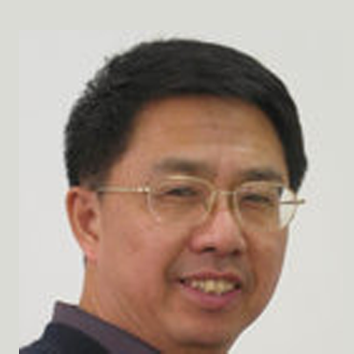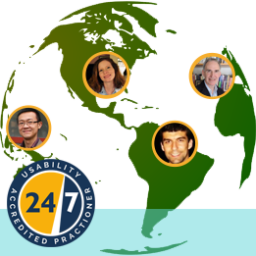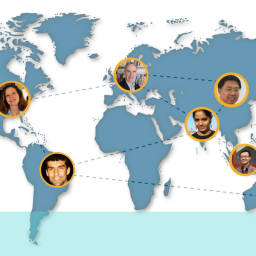At UX24/7 we are fortunate to work with our network of international UX researchers within our Accredited Practitioner Programme.
We decided it would be great to talk to our researchers and get an insight into their industry experiences as well as find out what is unique about UX in their home countries.
In this blog series, we have shared our conversations with each of our researchers from here in the UK, to Brazil, China and many more countries worldwide.

Change the world through your work, so as to bring people a better user experience and help businesses succeed
How did you get into the [UX] field?
I came from computer science and worked in distributed computing in the 1980s. Due to chance, I received and read a leaflet asking for papers for the INTERACT’1990 conference. This was my introduction to the field of human-computer interaction (HCI). I taught myself about HCI from reading papers and books and conducting some research in Germany and Britain in 1992-94 during a visit. Later on, influenced by the Chinese government’s policy to encourage universities to better serve economic development, my interest shifted from theoretical research topics to the practice of usability and UCD in 1997. This led to the foundation of the Sino-European Usability Center in 2000, which was part of the EU’s Fifth Framework Program project, UsabilityNet, led by Dr. Nigel Bevan.
Any advice for people wanting to get into the [UX] field?
UX is a practice. Learning in practice is the only way to achieve the goal.
What do you enjoy about working in the UX industry?
That you can change the world through your work, so as to bring people a better user experience and help businesses succeed.
What is the most common usability issue you encounter during your testing?
The most common issue is that the designs do not fit well with the real-life scenarios. From time to time, this warns us that deep and meticulous user research is the only way to achieve a good user experience.
What is the one piece of advice you would offer brands to improve their UX?
Because of the existence of humans, how seemingly simple things might be no longer simple.
What future UX trends do you envision?
In the ubiquitous technology era that is coming to us, traditional manual based user research methods will not be able to support UX design. The future of UX practices must be the integration of the traditional lab-based or field-based methods and the emerging ubiquitous sensing/big-data technologies. UX professionals must learn and find ways of how to extract value from the detailed data about the users collected from their daily life and combine it with the traditional methods for better UX design. They have to prepare themselves in expertise for that.
What is unique about the UX in your country?
UX as a practice is still limited to consumer products/services. There is still a long way to go in bringing UX into those vast non-consumer orientated application domains.
If you would like to join our growing international roster of freelance UX professionals get in touch at hello@ux247.com





